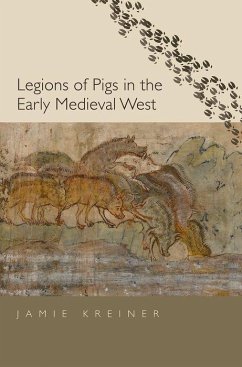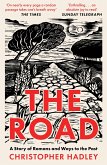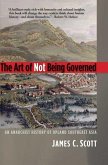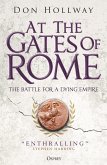"An exploration of life in the early medieval West, using pigs as a lens to investigate agriculture, ecology, economy, and philosophy. In the early medieval West, from North Africa to the British Isles, pigs were a crucial part of agriculture and culture. In this fascinating book, Jamie Kreiner examines how this ubiquitous species was integrated into early medieval ecologies and transformed the way that people thought about the world around them. In this world, even the smallest things could have far-reaching consequences. Kreiner tracks the interlocking relationships between pigs and humans by drawing on textual and visual evidence, bioarchaeology and settlement archaeology, and mammal biology. She shows how early medieval communities bent their own lives in order to accommodate these tricky animals-and how in the process they reconfigured their agrarian regimes, their fiscal policies, and their very identities. In the end, even the pig's own identity was transformed: at the close of the early Middle Ages, it had become a riveting metaphor for Christianity itself."--
Hinweis: Dieser Artikel kann nur an eine deutsche Lieferadresse ausgeliefert werden.
Hinweis: Dieser Artikel kann nur an eine deutsche Lieferadresse ausgeliefert werden.








